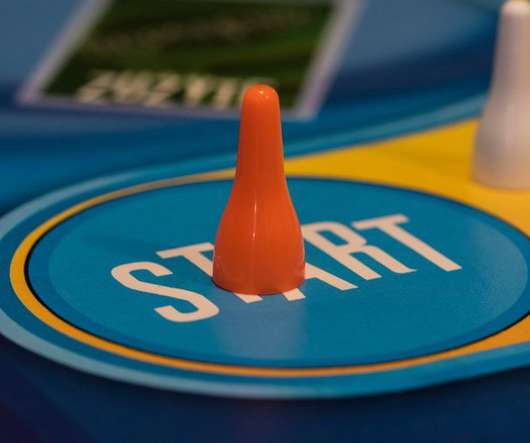The key to informal learning is autonomy
Jane Hart
APRIL 27, 2012
Jay Cross, the author of the 2007 seminal book, Informal Learning, Rediscovering the Natural Pathways that Inspire Innovation and Performance , recently wrote a blog post in which he explained that although there has been a lot of talk about “informal learning” in the last five years, there has been very little action.





























Let's personalize your content